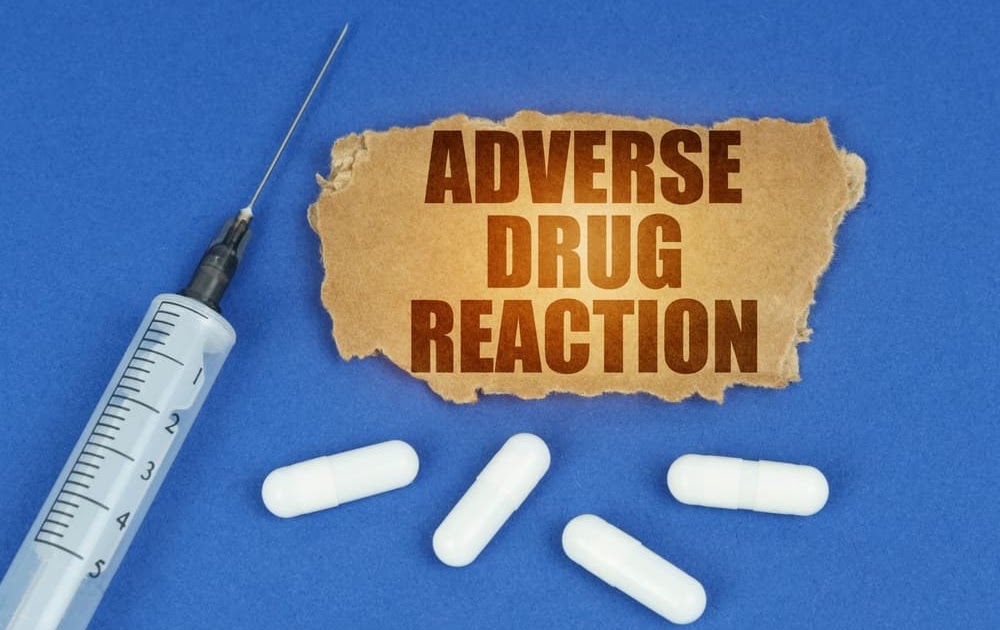Complaints
Pharmaceutical complaints refer to concerns, issues, or feedback raised by patients, healthcare professionals, or consumers regarding pharmaceutical products, including medications, vaccines, and medical devices. These complaints can pertain to various aspects of the product, such as quality, efficacy, safety, packaging, labeling, or instructions.
A complaint shows customer dissatisfaction about a product and consequently, about a company. The objective, in pharmaceutical industry, must be to immediately recall, investigate or to take remedial measures against the defective product.


Types of Pharmaceutical Complaints
Adverse Reactions
Patients may report unexpected or harmful reactions to medications, including side effects or allergic reactions. A careful medication history can assist a prescriber in understanding the patient's previous experiences with drug treatment, particularly in identifying previous ADRs that may preclude re-exposure to the drug.
An adverse drug reaction (ADR) can be defined as ‘an appreciably harmful or unpleasant reaction resulting from an intervention related to the use of a medicinal product; adverse effects usually predict hazard from future administration and warrant prevention, or specific treatment, or alteration of the dosage regimen, or withdrawal of the product’.
Product Defects
This includes issues related to the physical quality of the product, such as broken tablets, leaking vials, or damaged packaging. A therapeutic product quality defect is any defect that can influence a product’s quality. Such defects may or may not cause damage to patients or healthcare professionals. Quality defects may affect certain parts of medicine batches, entire batches or various batches.
The Health and Youth Care Inspectorate (IGJ) receives notifications about product defects in medicines via the Medicine Shortages and Defects Notification Centre. A quality defect in a medicinal product that is on the market can result in serious harm being done to patients.


Handling Pharmaceutical Complaints
Reporting
Healthcare professionals and consumers should report complaints to the relevant regulatory authorities to ensure product safety.
Ask the customer to return the product (complaint sample) to the company for analysis. Based on the documentation review and laboratory analysis, QA Complaint Officer finishes the complaint investigation and provides conclusion. serious and unexpected adverse drug experience and reports to the Health Authorities.
Investigation
Pharmaceutical companies must thoroughly investigate each complaint, analyzing the cause and severity of the issue.
Investigations are essential to identify, analyze, and resolve deviations, non-conformances, and complaints in the pharmaceutical manufacturing process. Proper training ensures that employees understand the importance of investigations in maintaining product quality and safety standards.

